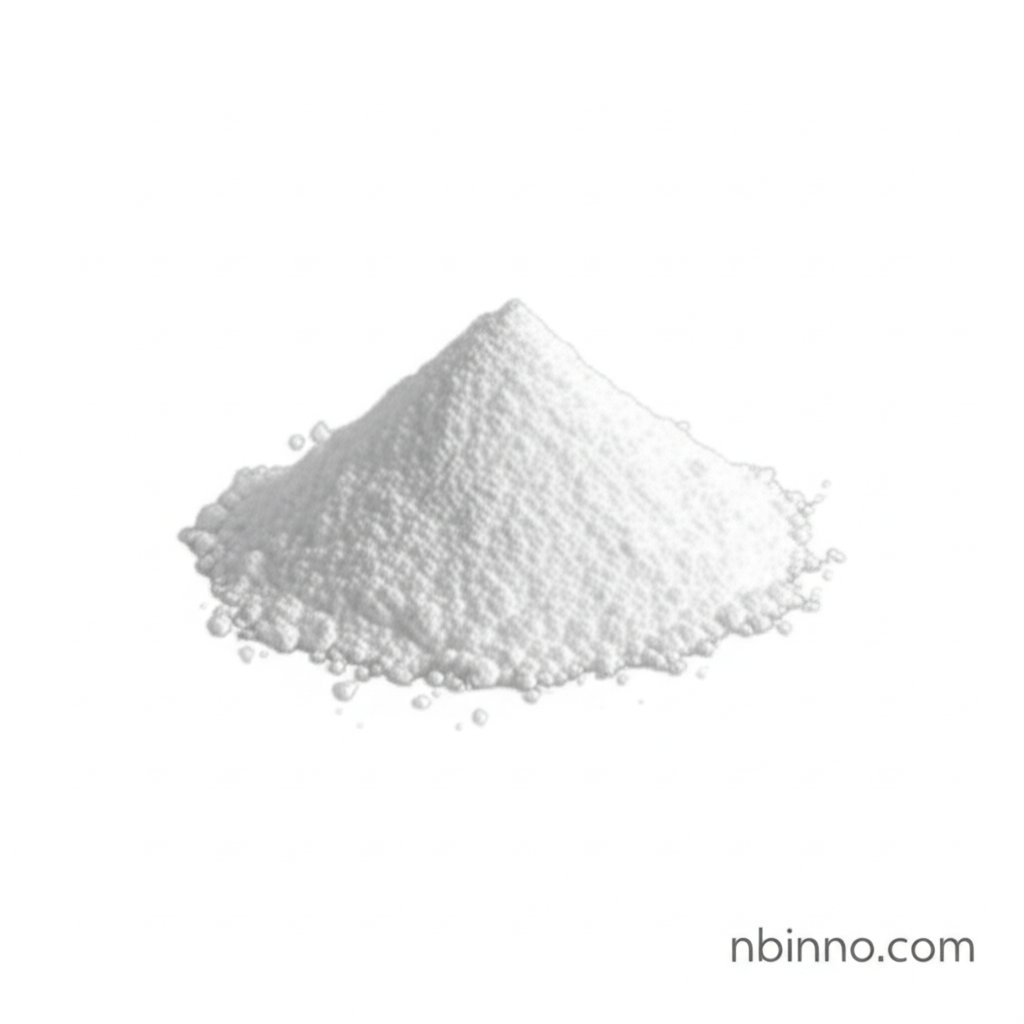Genistein 446-72-0: A Comprehensive Guide to its Properties, Applications, and Research
Discover the multifaceted nature of Genistein, a key isoflavone with significant implications in research and health.
Get a Quote & SampleProduct Core Value

Genistein
Genistein (CAS 446-72-0) is a prominent natural isoflavone derived from soybeans, recognized for its extensive biological activities. Its primary value lies in its potent inhibitory effects on protein tyrosine kinases, including the epidermal growth factor receptor (EGFR), making it a crucial tool in cancer research and signaling pathway studies. Furthermore, Genistein interacts with PPARγ and estrogen receptors, influencing metabolic processes and potentially contributing to its classification as an endocrine disruptor, with observed effects on adipogenesis and lipid accumulation. This compound is essential for understanding cellular signaling, metabolic health, and the development of new therapeutic strategies.
- Explore the Genistein mechanism of action: Understand how this compound interacts with key cellular pathways, particularly its role as a tyrosine kinase inhibitor.
- Investigate Genistein PPAR gamma interaction: Delve into how Genistein influences metabolic processes through its binding to PPARγ, a critical regulator of adipogenesis.
- Analyze Genistein obesity effects: Learn about the research findings on Genistein's impact on obesity, its potential classification as an endocrine disruptor, and the concentration-dependent outcomes observed in various studies.
- Discover Genistein applications in research: Utilize Genistein in studies related to cancer, hormonal signaling, and metabolic disorders, leveraging its wide range of biological activities.
Key Advantages of Genistein
Versatile Biological Activity
Genistein's broad spectrum of biological activities, including anti-inflammatory and antioxidant properties, makes it a valuable compound for various research applications and potential health benefits.
Crucial for Signaling Pathway Research
As a potent tyrosine kinase inhibitor, Genistein is instrumental in studying cellular signaling cascades, particularly those involving EGFR, which are critical in cancer development and progression.
Endocrine System Insight
Genistein's interaction with PPARγ and estrogen receptors provides critical insights into endocrine disruption and its effects on metabolic health, including obesity and adipocyte differentiation.
Key Applications
Cancer Research
Genistein's tyrosine kinase inhibitory activity is extensively studied for its potential in cancer therapy, targeting cell proliferation and signaling pathways involved in tumor growth.
Metabolic Studies
Investigate the role of Genistein in obesity and metabolic disorders, focusing on its interaction with PPARγ and its potential as an endocrine disruptor affecting adipogenesis.
Hormonal Research
Utilize Genistein to explore estrogen receptor signaling and its impact on various physiological processes, offering insights into hormonal regulation and potential therapeutic interventions.
Nutritional Science
Understand the dietary impact of Genistein as a phytoestrogen, examining its presence in soy products and its subsequent effects on human health and metabolic balance.
